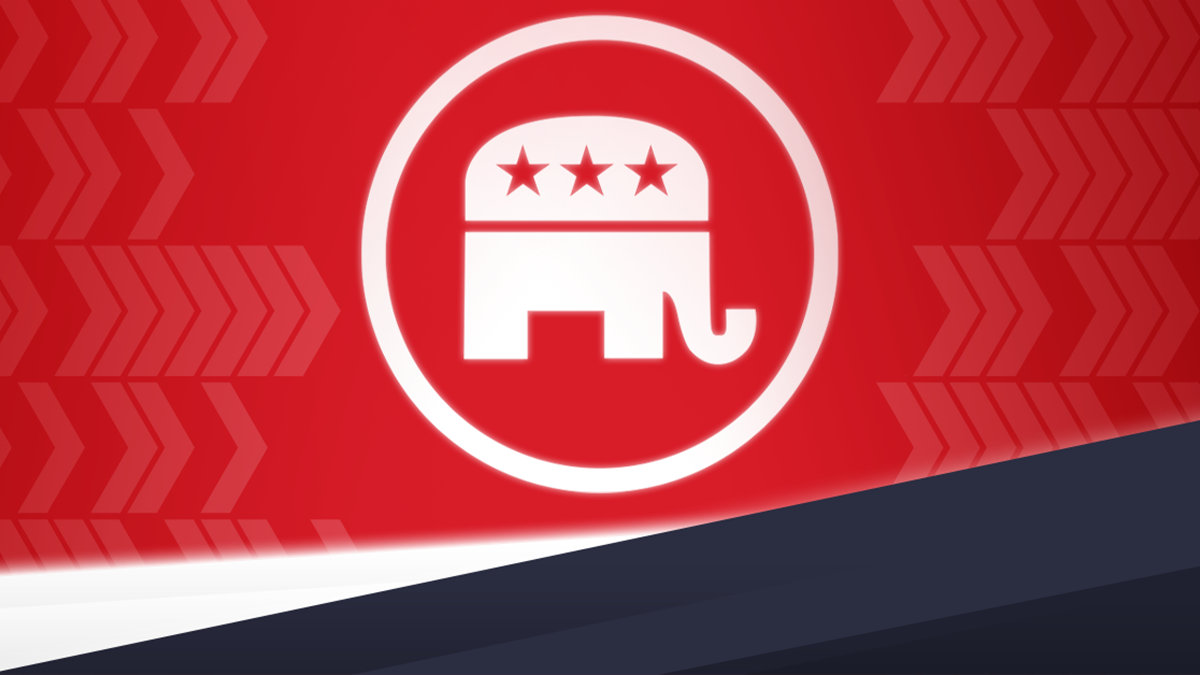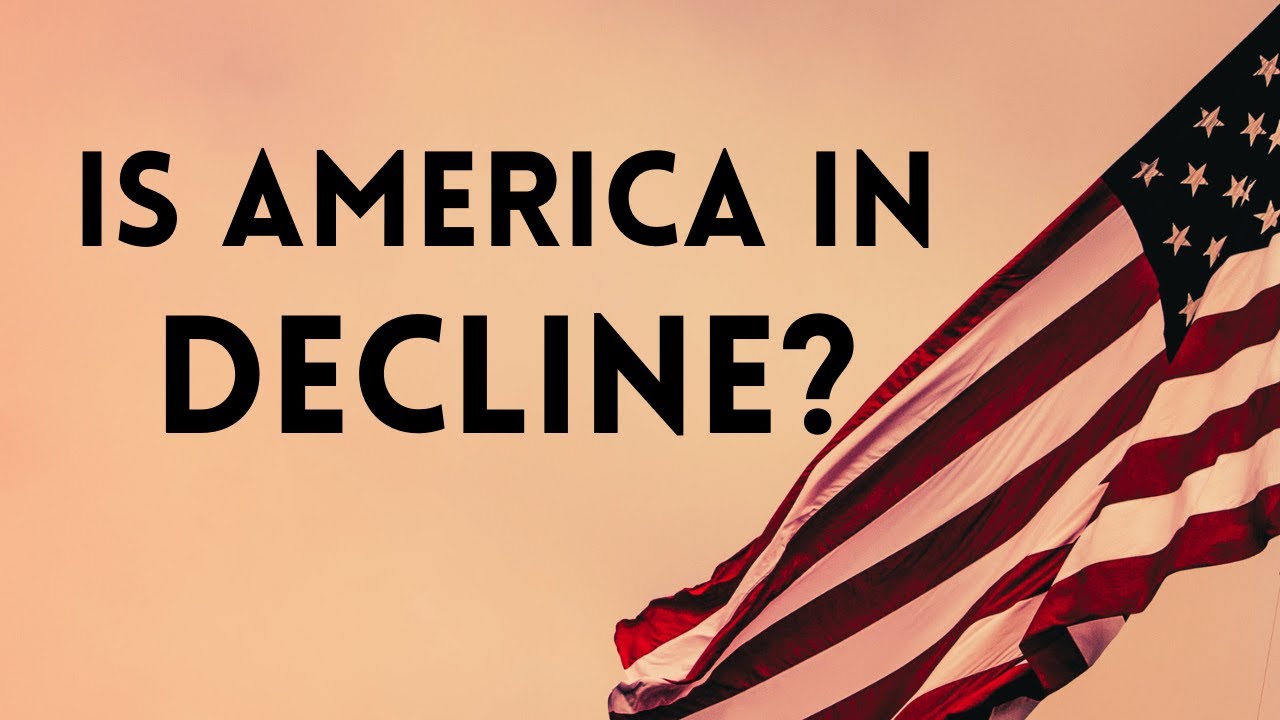(ThyBlackMan.com) Leader. As I have been studying and honing my skill set in the analysis of public policy issues, I begin to think about this title more and more. I know in general, this is what I would like to consider myself to be. This is one of those universal words that everyone has heard of and knows what it is, but if you asked for a specific definition that everyone should be on the same page about, people resort to pointing out examples. ”Well I can’t say exactly what leader is. I guess they lead people, obviously…you know like presidents and CEOs and stuff.” I know I have had these moments, where you take the meaning of a word or concept for granted, because it seems like its so commonplace, that everyone has it figured out on what makes a great leader and what doesn’t; who qualifies to be followed, and who is obviously inept. Thus, when the word leader comes up, and more specifically, name ”great” leaders, we birth names like Rev. Dr. Martin Luther King, Jr., Mohandas Gandhi, Winston Churchill, Pope John Paul II. Why? What is the connection between them besides their gender, and others like them?
Clearly gender has not stifled the potential for women to change the course of history, with individuals such as Eleanor Roosevelt, Margaret Thatcher, Margaret Sanger, and a host of others. So what characteristics  jump out that define their successes at being great leaders recognized by the world? On that same token, these people were recognized as working for the greater good of humanity in some way (some people may make exception with Margaret Sanger, depending on whether you are happy she fought to legalize birth control). What about the great villains of history? Does the obvious moral wrongdoings of Adolf Hitler disqualify him as a great leader? What about the al-Qaeda mastermind Osama bin Laden? Fidel Castro? Are these individuals great leaders? Taking this even further, will we look back in history and say, ”Wow, because Barack Obama was president of one of the most powerful nations on the planet during a time when so many trials and tribulations developed, he is really a great leader!” I just had to refrain from laughing out loud. But really, does the earning of high level authority automatically make you a great leader?
jump out that define their successes at being great leaders recognized by the world? On that same token, these people were recognized as working for the greater good of humanity in some way (some people may make exception with Margaret Sanger, depending on whether you are happy she fought to legalize birth control). What about the great villains of history? Does the obvious moral wrongdoings of Adolf Hitler disqualify him as a great leader? What about the al-Qaeda mastermind Osama bin Laden? Fidel Castro? Are these individuals great leaders? Taking this even further, will we look back in history and say, ”Wow, because Barack Obama was president of one of the most powerful nations on the planet during a time when so many trials and tribulations developed, he is really a great leader!” I just had to refrain from laughing out loud. But really, does the earning of high level authority automatically make you a great leader?
I think knowing what makes a leader effective and more importantly, what truly is a leader, is one of the most important concepts to understand, because only then can one understand that the potential for leadership comes from self-realization of one’s aptitude, not necessarily the recognition from those surrounding you externally. A few ideas that I see:
1. Formal authority does not guarantee that you are a leader, but being a leader can naturally develop authority. (For instance, being elected or overthrowing a government to usurp power can bestow formal authority on an individual or group, however that formal authority rarely legitimizes the person and authority figures that come to power in this way exploits fear to maintain legitimacy. President Obama has a low approval rating in his country. His job is to lead America. This disapproval inherently means Americans are not convinced he led effectively.)
2. A leader is someone that inspires others to act. Those actors are what are typically called followers. (More important than anything is the ability to inspire. Many can point to personality or skill traits, saying that this leader was a great orator, or this one connected because he had a similar story and background, which resonated with the people he was trying to inspire. Ultimately, the focus has to be on getting others to act. Take Margaret Sanger for example. Her ideas were not widely accepted in lobbying for universal access to birth control, yet almost 100 years later, she has inspired Planned Parenthood and other people to continue this debate and protecting the right of women to choose. Her message was powerful because it inspired other to act. One reservation I have with the word ’follower’ is that it almost implies passively going along. I think this is what adds to the apathy of individuals, but a leader inspires action, not just passive acceptance.)
3. Leaders are able to speak to the needs of the many, and present vision that provides solutions, and that people can believe in. (One misconception I see in leadership, is this idea of a leader being inherently unique, or visible. A leaders goal should be second to inspire others to act, and that does not always necessitate that the leader doing the inspiring has to be visible to the entire world. If my blog inspires people to no longer be apathetic, and to take up a fight in something they believe in, I will have become a leader without having ever met those in my readership or being more to them than an anonymous face behind social commentary. The first goal of a leader is to present the vision, because many times what really is a problem to many may be buried deep within a host of other issues, and people refuse to act because of a series of barriers and inhibitions. The leader can bring vision that provides ways to see the problem and provides ways to get past the inhibitions and then inspire people to act. Dr. King became the face of the Civil Rights movement, being selected initially to organize the bus boycotts in Montgomery, AL simply because at the time he was one of the more unknown preachers in Alabama and the idea would be he was less vulnerable to attacks and reprisals when the white community became angry. King willed the general black community to protest because they all knew segregation was a problem, and he saw past their inhibitions by organizing carpools because he understood what the people needed.)
4. Leaders are aware of their environment, and use it to their advantage. (Understanding the political, economic, or social climate in a community or that a group of people are subjected to can work as a way to gain leverage in the community, because a leader can take this information and empathize and also recognize the needs their followers hope to have fulfilled. As tragic as the [19]Holocaust was, Hitler conducted this genocide by gaining the trust of the German people and scapegoating the Jewish community as the cause of the current environment that Germany was facing in the world. He used his knowledge of Germany’s conditions to gain footing with German citizens.)
5. Leaders have the propensity to see beyond nothing – faith, hope, vision, etc. – and because of this, has an organized and clear message. (Seeing beyond nothing is harder than it sounds, because it is easy to become discouraged by the lack of change in the status quo, or to be discouraged by the progress in relation to the end goal. This is why a leader needs this critical mindset, because discouragement and defeat are the worst enemies of a movement, from my observations. The responsibility of a leader is to plan for everything and to maintain morale of the people.)
I think these 5 things definitely unite those mentioned above and other leaders in today’s society who are leading individuals within their own community, or making progress on what they believe in. And the beautiful thing about these 5 ideas is that these are not traits unattainable by you, me or any other person in the world. I do not have to be born with the blood of an activist father and mother, nor do I necessarily have to have the finest education in the world. People become leaders when they decide that enough is enough and there will be no more gang violence in their community, so they decide to work for the good of their community, like [20]Terray Rogers did before he himself was gunned down in his neighborhood south of downtown San Francisco. A leader is born when they decide that they cannot continue to be silent about the atrocities in Darfur, and began an emailing and phone campaign to battle indifference, such as [21]Eric Reeves. Leaders are born in group projects, in businesses, in classrooms. They can be born in response to a major social and moral issue of the times, or a leader can be born simply by advocating for the needs of a group of people, whatever those needs may be.
Leader. That title can belong to you and me.
Staff Writer; Corey P.

















Leave a Reply